- Junta expands naval presence along Arakan coast to regain lost territory
- Nearly 70 civilians and POW family members killed or injured by junta attacks in Arakan State in one month
- Junta accused of extorting money from detained Muslims in Sittwe
- Weekly Highlights from Arakan State (Jan 26 to Feb 1, 2026)
- Arakanese youth stabbed in Mae Sot urgently needs financial aid for medical treatment
Dozens of Thailand-bound Muslims from Arakan State arrested in Mon State’s Mudon Twsp
Dozens of undocumented Muslims from Arakan State were reportedly arrested by authorities in Mudon Township, Mon State, on December 5.
06 Dec 2022
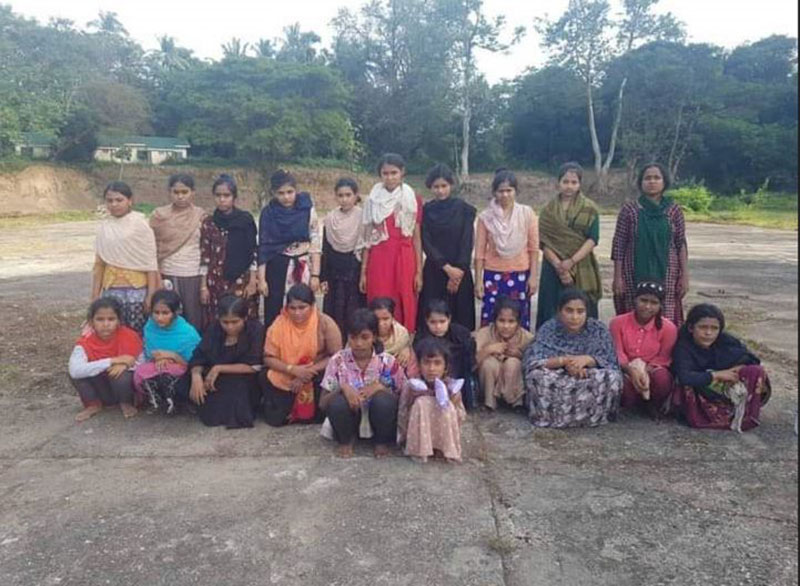
DMG Newsroom
6 December 2022, Mudon, Mon State
Dozens of undocumented Muslims from Arakan State were reportedly arrested by authorities in Mudon Township, Mon State, on December 5.
Junta soldiers and police found the 78 Muslims — 56 men and 22 women — on a boat docked at the mouth of Kamarwet Creek in Mudon Township on Monday morning, a resident said.
“I don’t know who informed the police and junta soldiers about the boat full of Muslims moored at the mouth of Kamarwet Creek. A combined team of employees from the township General Administration Department and Immigration Department checked the boat, and junta soldiers and police took the Muslims,” the resident added.
The detained Muslims are currently being held and interrogated by local authorities at Mudon’s Myoma police station.
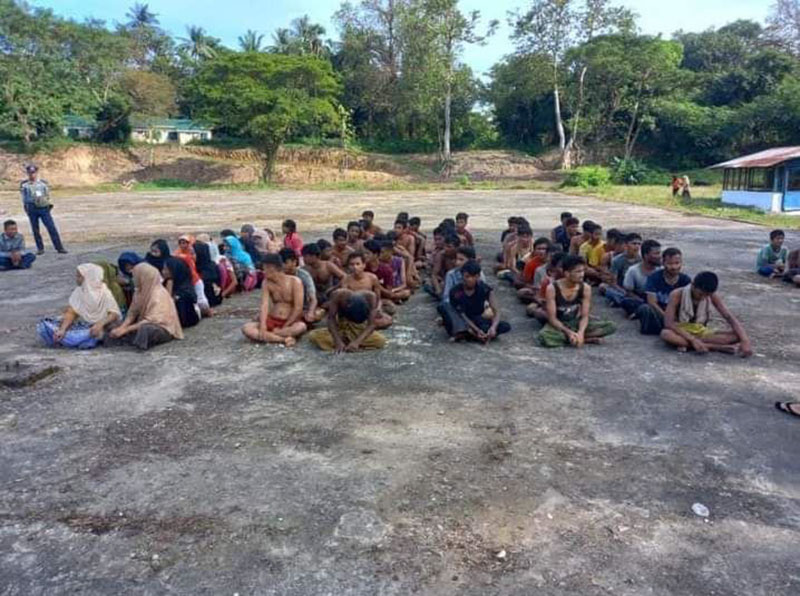
“Among the detained Muslims are children and teenagers, and they are being interrogated at Mudon Myoma police station,” said a source close to the police station.
The detained Muslims are from Arakan State, had entered the Mon State capital Mawlamyine from Yangon by truck, and were going to leave for Thailand by sea via Mudon, he explained.
“They came to Yangon first, then went to Mawlamyine by trucks and were going to proceed to Thailand by boat for work,” he added.
Thirty-six undocumented Muslims in three vehicles were reportedly arrested at a security checkpoint in Mon State’s Bilin Township on September 22.
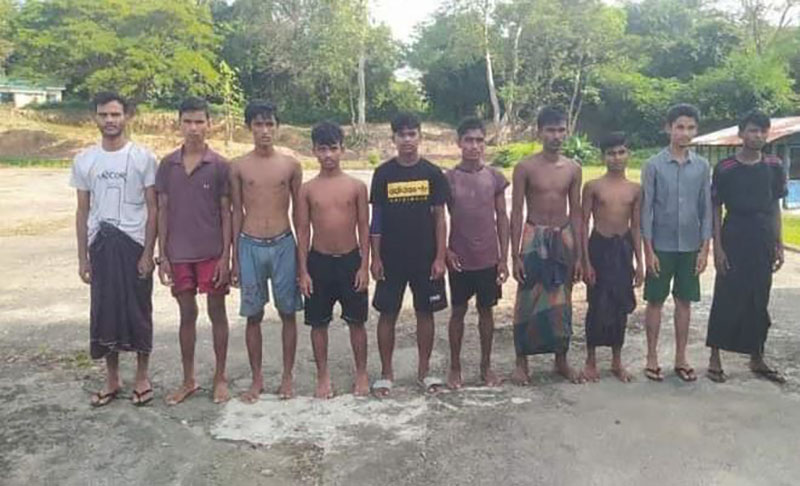
Meanwhile, 13 Muslim corpses were found dumped by a roadside in Yangon’s Hlegu Township on Monday morning, according to local residents.
Risking arrest and prosecution on immigration charges with potential imprisonment of up to five years, Muslims in Arakan State continue to attempt to leave the state to work elsewhere in the country or abroad, driven by job scarcity and institutionalised discrimination in Arakan.
Their journeys are often helped along by a network of agents facilitating passage via transit points such as Yangon, Kayin State’s Myawaddy and Kawthaung, Tanintharyi Region, at Myanmar’s southern border with Thailand.




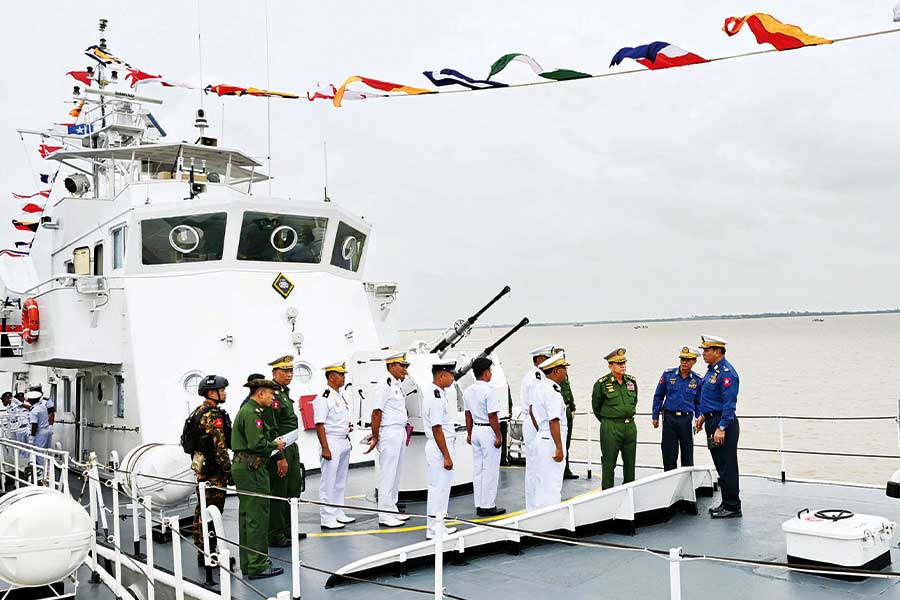
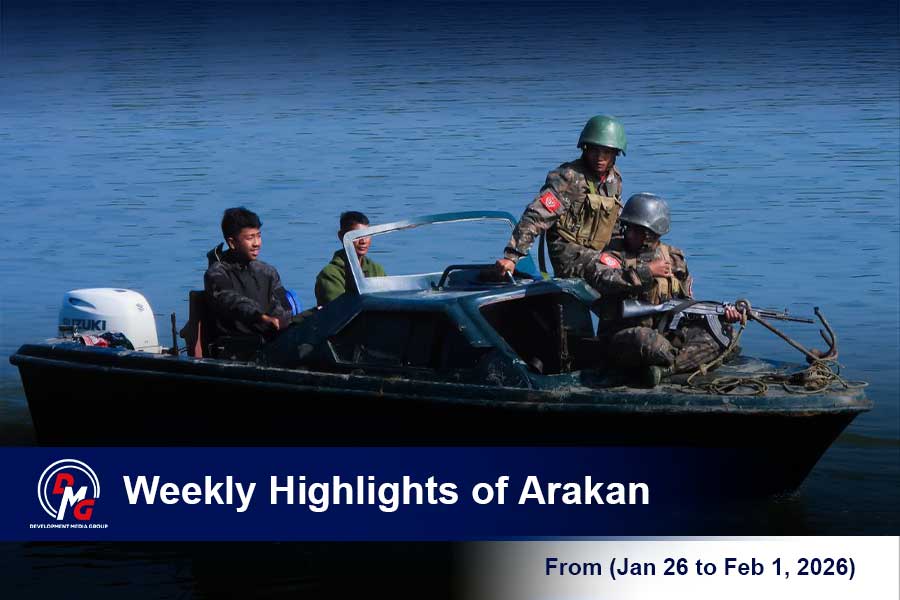
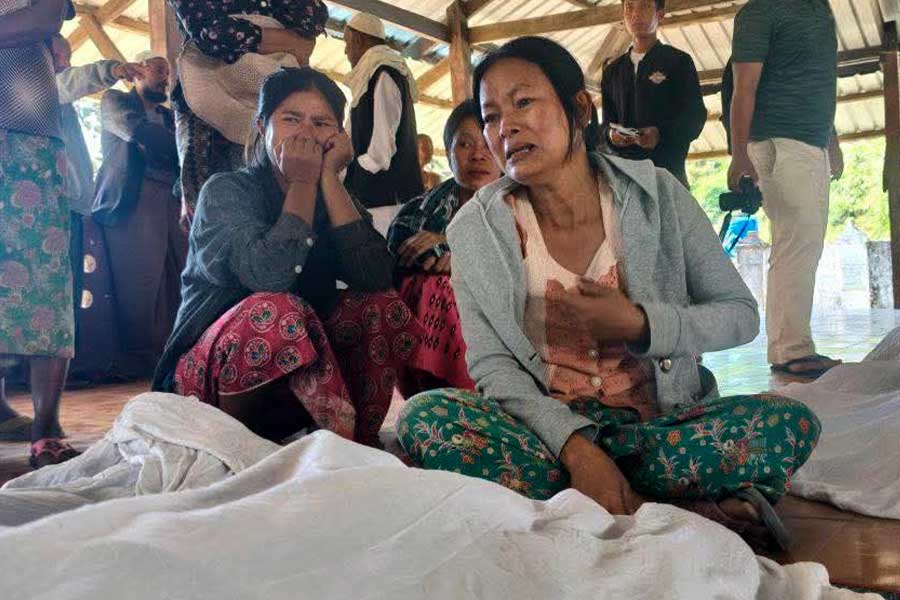
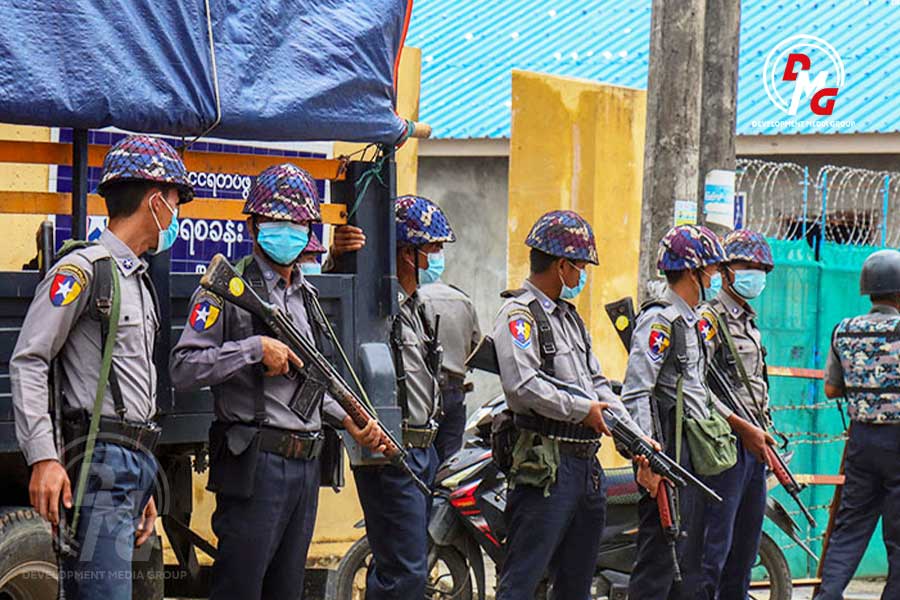
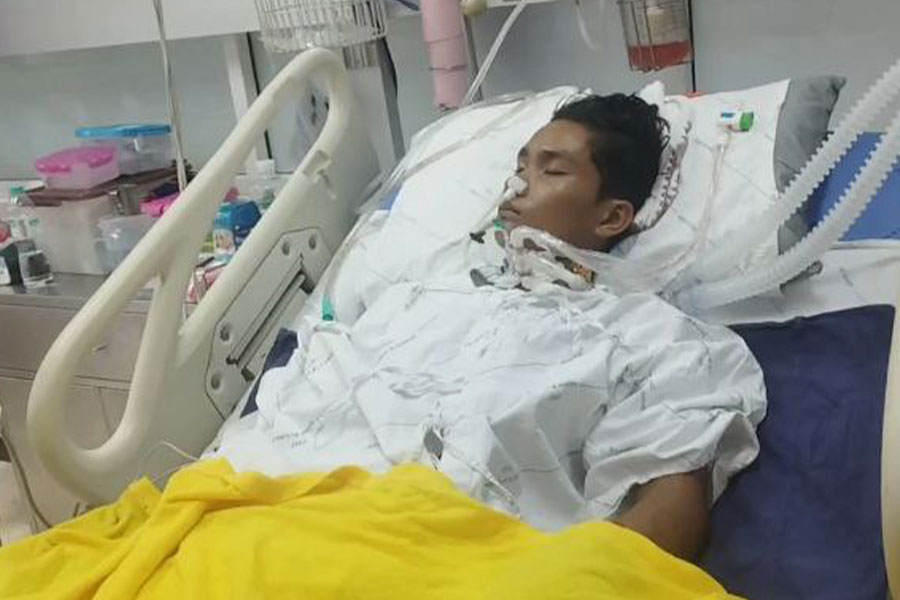






.jpg)

